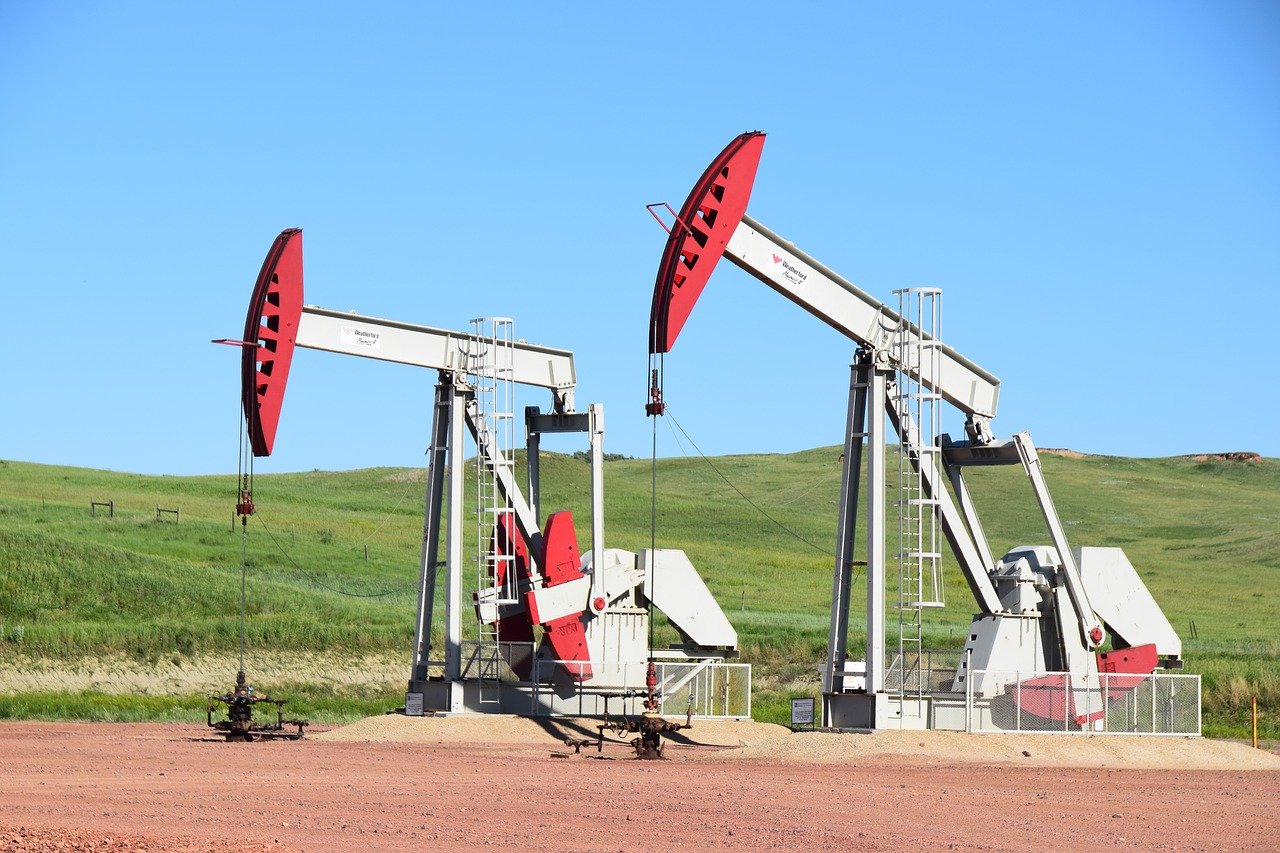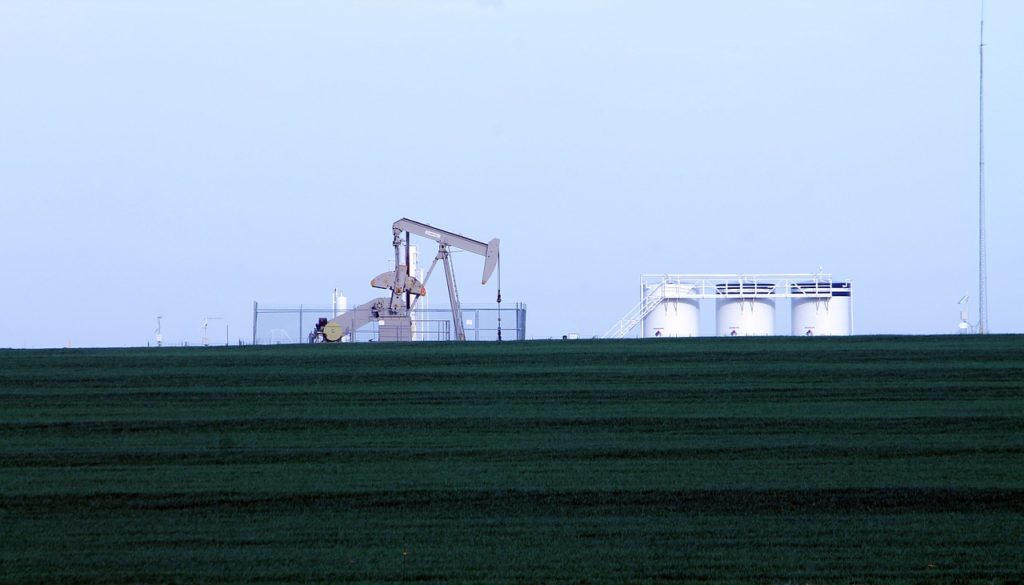Clark Weeks Recommends Investments in Oil Wells for Certain Qualified Investors

There is no denying that industry experts, such as Clark Weeks, recommend investments directly in oil wells. As an industry that has been in existence since the 1850s, investing in the oil well business can add that required amount of diversity in your portfolio leading to higher returns and revenues. This is primarily because oil has become an essential part of human civilization today. And, we certainly can’t do without this commodity. Considering this, petroleum is bound to stay in high demand making oil wells a good investment for the future.
While direct investment in oil well can be fraught with risks, the returns and upside of this venture are tremendous. The following are the advantages that an oil well investment has over others.
Tax Benefits
Investing directly in oil wells can help you write off nearly 80% of your investment in the very first year itself. This is primarily because the oil & gas industry enjoys better tax deductions than most other sectors. The tax benefits continue well beyond the first year of investment. These massive tax deductions are designed to cover the innate risk that is involved when you invest in an oil well.
Better Control Over The Investment
When you invest directly in an oil well you are safe from any risks that might arise due to a boardroom decision. Unlike the oil and gas companies that are publicly traded and can expose you to unfavorable corporate decisions over which you may have no control. Additionally, investing directly in an oil well also allows you to pick and choose the projects that are in line with your investment goals and make more financial sense.
Data Transparency
Data is very important. You can’t bet on a project without studying the data involved. Even if you don’t have a financial or legal background, you can hire these services and get reports that can help you assess a deal structure. This is not the case when you invest in the oil and gas sector as an indirect investment. Not all data is available in the market. Additionally, most of the available data is derived by financial analysts rather than engineers on the ground. Therefore, oil well investment covers this risk and provides you with excellent data transparency.
Risk Clarity
All of these benefits culminate in providing the investor with a better understanding of the proposed investment. Although publicly traded companies offer better diversification, it is not easy to evaluate the risks attached. On the other hand, with an oil well, you are just concerned about a single drilling project.
No doubt investing directly in oil wells can be a risky affair. However, you can easily avoid these risks by keeping abreast of the latest news, employing services of investment experts, and beginning with an investment amount that you are comfortable with. Even small oil wells carry the potential for large payoffs making the oil well investment one of the highly lucrative investment avenues.
Clark Weeks Suggests Looking at Oil Wells
Clark Weeks would like to help you make better returns assuming the risk is right for your portfolio. For more info…

